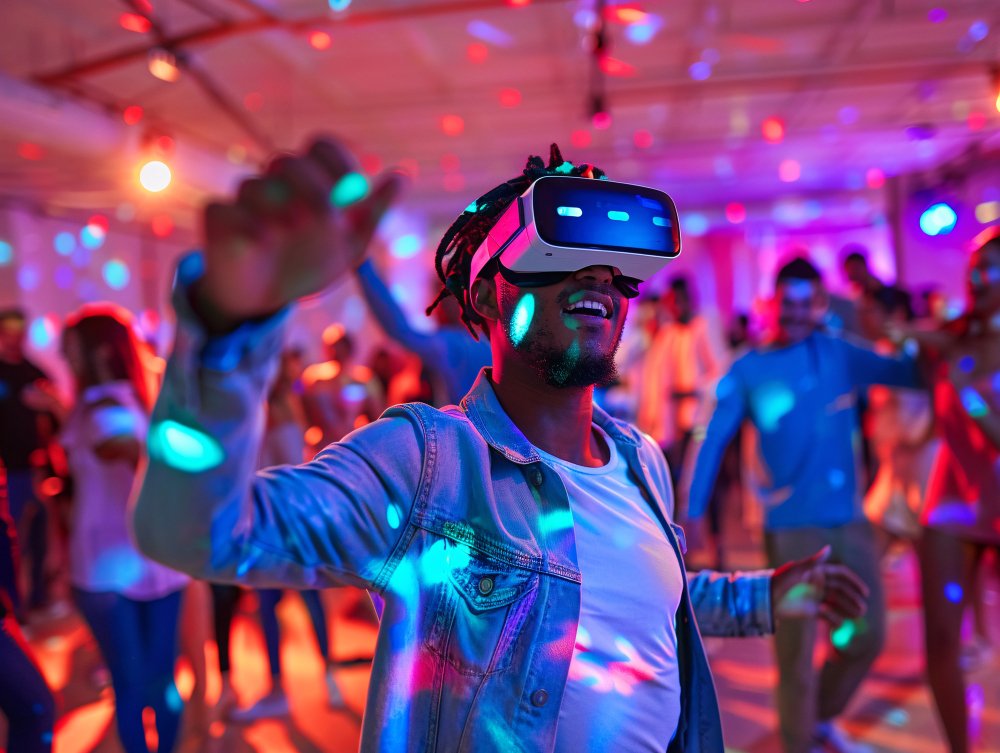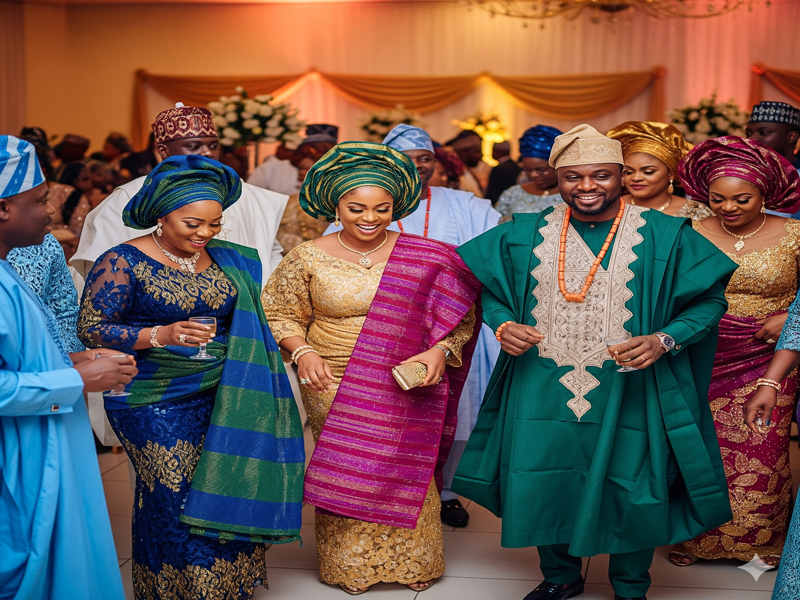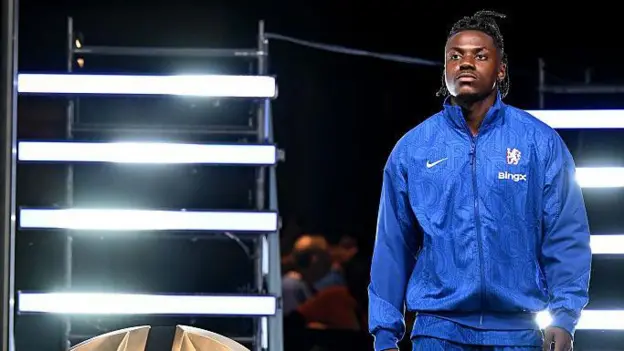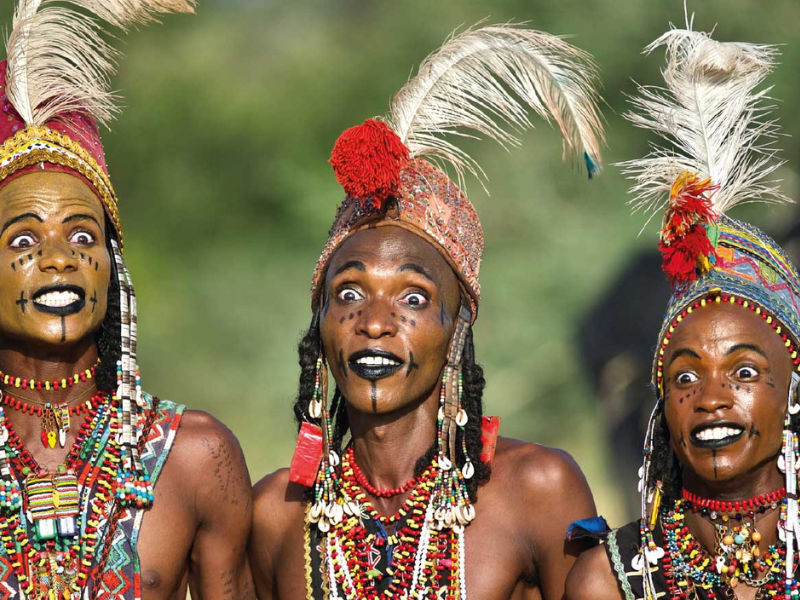What is the New Event Culture?
The new event culture is a progressive action that embraces innovation, audience-centred solutions, and flexibility in the planning and execution of events in today’s society. It shifts the focus from just organising events to the one that creates experiences that change the perception and behaviours of attendees through the use of contemporary and innovative tools.
Interestingly, people who attend today’s events have developed high expectations over time. They want to get things done easily; they want to see surprises and get souvenirs, both tangible and intangible, that will help them remember the events for a while. Consequently, this pushes event professionals to think strategically, tell stories, and deliver solutions that combine tradition and new trends to produce memorable experiences.
Conversely, the traditional or the former methods of providing experiences were rigid. They gave little or no space for technology involvement or integration. Consequently, engagements were not yielding the needed results that could foster future relationships.
Essentially, the new event culture promotes values and shifts that shouldn’t be ignored in the event ecosystem. These values take into cognisance the people, purpose, and environment. Examples are creativity, technological integration and innovation, data management and inclusivity, to mention just a few.
In the new event culture, creativity is so important that it enhances unique and memorable event concepts, while technological integration and innovation make it possible to deploy contemporary tools and styles to impress guests and simplify event management or planning processes. Furthermore, information gathering has become so essential that data management tools, which help to obtain, arrange and analyse that information to ensure well-informed decisions, are deployed. And not forgetting that inclusivity is prioritised so as to give the attendees a sense of inclusion and sustainability that ensures that the environment is protected for future events and generations.
Key Drivers of The New Event Culture
For better understanding, let’s take a broader view of the factors identified as the drivers of the new event culture.
1. Innovation and Technology Integration:
One key driver of the new culture is innovation and technological integration. This factor makes it possible for event professionals to employ contemporary tools and styles to not just impress guests and attendees but also to make their involvement in the event easy and enjoyable. It also simplifies event management or planning processes, especially for the organisers, in terms of communication, feedback and monitoring.
It pushes the event planner to think critically of ingenious ways of providing experiences that are compatible with contemporaries in other climes. This further increases the need to stay up to date with global event trends and marketing standards.
For instance, imagine a top-class DJ entertaining his audiences from and across various continents at the same time. Or a guest being able to choose which session to attend at a conference from the comfort of his office or home with the push of a button.
2. Experience Focused on the Audience:
To promote a new event culture, the audiences must be at the centre of all. They determine to a large extent the success of your event or what it will look like. This is because an organisation, whether they are into provision of services or production of goods and commodities, cannot exist in isolation.
For instance, leading companies such as Amazon, Netflix, Spotify, Apple and others spend millions of dollars just to know who their audiences are using tools such as market researchers, data analytics and customer feedback. The data obtained are then used to design a more customised experience for their customers so as to personalise experiences for their customers.
It is no more about what the organiser wants; instead, it is about what the audiences want. Similarly, event professionals must now take up the challenge and provide solutions that meets the needs and preferences of their audiences.
3. Combining Tradition and Modern Styles:
The new event culture means combining indigenous ways of life with modern-day event management strategies. It is a credible way of honouring your values and strengthening your identity with the events you organise. In other words, you are telling your stories yourself instead of allowing others to tell them.
Smart nations know that globalisation is never a license to eliminate their culture or relegate their culture while giving prominence to westernisation; instead, it is a way to advertise or give your culture a global boost. For instance, the rising power, China, will always write made in China with their language regardless of where the products are meant to go, especially to developing nations.
Ultimately, this formula produces inclusive, internationally appealing experiences while maintaining a strong sense of identity.
4. Sustainability and inclusion:
The future of event management may not be guaranteed unless there is a safe environment for everyone to practise. This necessitates the focus on environmental sustainability. While sustainability is a practice that centres on reducing to the nearest minimum the harm done to the environment through the use of certain materials and processes, inclusivity Inclusivity ensures that events are inclusive and accessible to everyone, enhancing the experience and impact.
The impact of these two principles in promoting the new event culture cannot be overemphasised. Among the many benefits they offer, some are improved experience for attendees which boosts happiness, engagement, and a sense of belonging among attendees. Business success through increased brand reputation, through the creation of a supportive and vibrant event atmosphere.
The Role of Event Professionals in promoting The New Event Culture
Having a progressive mindset is the surest first step to successfully promoting the new event culture. It means positioning oneself as a strong advocate in the system. The advocate must therefore be seen as a professional that has gone beyond just being a logistics expert; he or she must be seen as able to set new standards, shape attendee perceptions, influence cultures, and tell stories that relate to the current experiences.
One very important role of the event professionals in promoting the new event culture is to understand their audiences more. This will involve some painstaking efforts of digging deeply into their customers particular way of life, their expectations, and emotional needs. This is because every detail will help to shape the designs of any kind of experiences that would be offered to their attendees. In addition, the event professionals must never stop learning and improving their skills and competencies daily to keep up with the realities of the times.
Furthermore, the event planner must be able to communicate with purpose, clarity and precision, not differently from the set objectives. Meaning that every creative must be intentional and reflect in the speech, the theme and the program sequence. The event professional must then set himself or herself to be seen as a thought leader, driving the new event culture through storytelling across platforms such as social media, blogs and even live events.
Finally, the event professional must practise value driven event management. This is a practice that prioritises delivering maximum value to all stakeholders involved in the events. Whether vendors, attendees and organisers. This approach ensures that every choice and resource allocation is made with the goal of optimising overall impact and satisfaction by coordinating event objectives with audience needs and larger organisational goals rather than just logistics or monetary profits.










